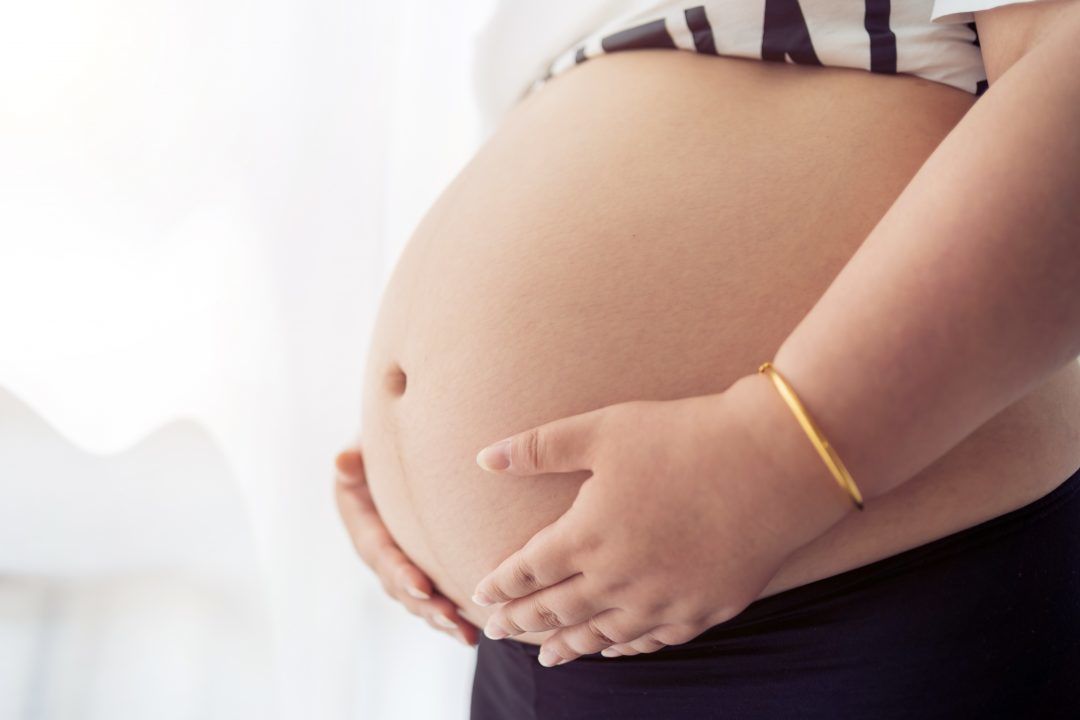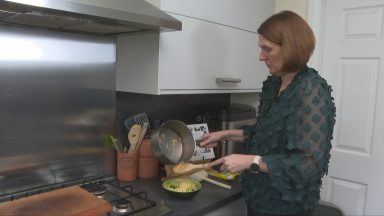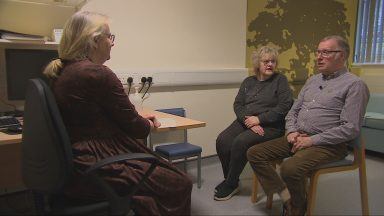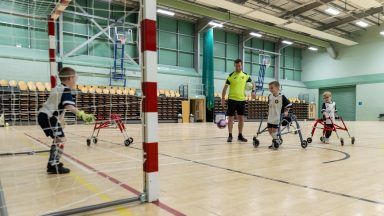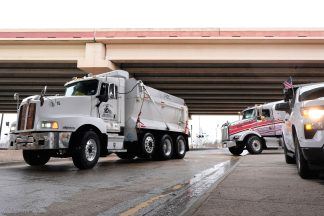Three-quarters (75%) of single mothers could struggle to afford basics such as food and heating when they retire, a report estimates.
Scottish Widows’ annual report said the “motherhood penalty” – the financial and career disadvantages faced by mothers – has an enduring impact into later life.
Deep-rooted structural inequalities cause women to earn less, work less and save less for retirement when they become parents.
This is exacerbated for single mothers, who are unable to share the burden of day-to-day costs and childcare provision with a partner, Scottish Widows said.
The report used YouGov research among more than 5,000 people across the UK in March and April this year.
It also used the Pension and Lifetime Savings Association’s (PLSA) “retirement living standards” to calculate the quality of lifestyle that people could achieve when they stop working.
More than half (51%) of single mothers struggle to find jobs in the first place, the research found. Nearly half (46%) of single mothers reduced their hours in order to manage childcare.
The report also found that half (50%) of fathers said they share childcare equally with their partner, while less than a third (31%) of mothers believe this to be true.
And 37% of mothers said they had left jobs to look after their children, as had 18% of men.
The research also indicated that two-thirds (66%) of single women generally are not on track for a minimum lifestyle (which covers the basics with some discretionary income) in retirement. This is much higher than women who are married, in a civil partnership or co-habiting – of whom only 23% are not on track.
It is also higher than single men – 54% of whom are not on track – according to the report.
Jackie Leiper, managing director of Scottish Widows, said: “Despite how familiar we all are with the gender pension gap issue, the long-term impact on the day-to-day reality for women when they retire is less talked about.
“Understandably, single women affected by the motherhood penalty and the cost of solo parenting may be more focused on how to support their family today, but this report shows the struggle they could face by the time they become grandmothers.
“We must recognise the amount of childcare responsibility that falls on single mothers and their huge contribution to society, which means they should be protected by policies to limit the impact it has on their careers and pensions.
“The Government needs to prioritise affordable childcare to improve the retirement prospects for all mothers and single mothers in particular.”
Alesha De-Freitas, head of policy, advocacy and research at the Fawcett Society, said: “We need urgent childcare reform that prioritises accessibility and affordability for everyone, and this needs to work in tandem with an economy that delivers high quality flexible work.”
Follow STV News on WhatsApp
Scan the QR code on your mobile device for all the latest news from around the country


